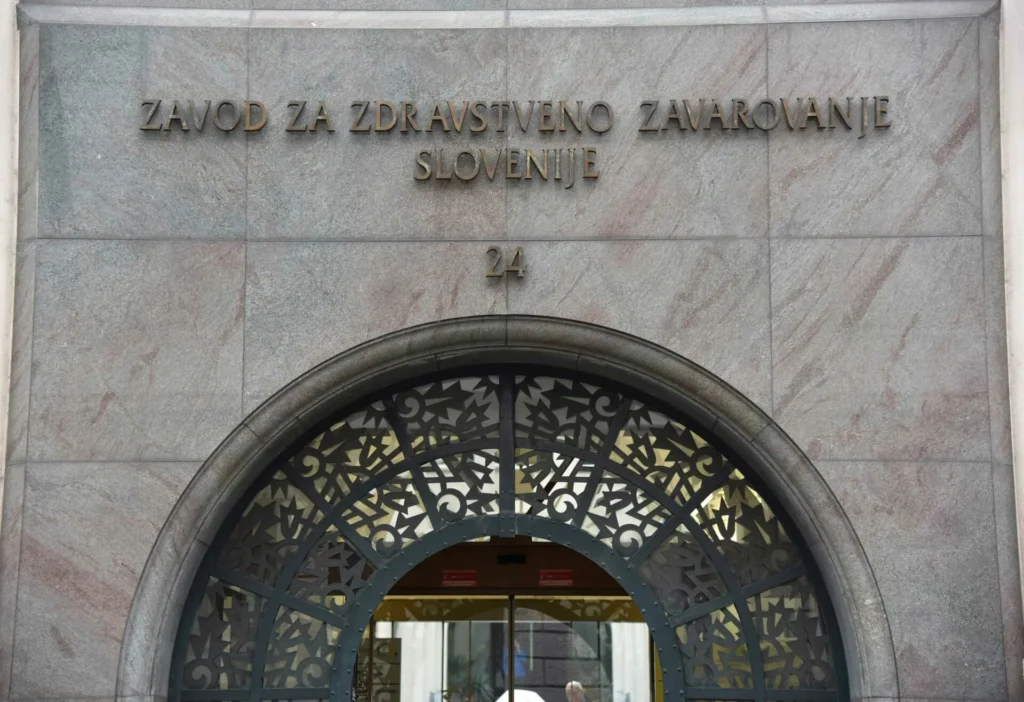It is not only the state budget that is in financial trouble, but also the Health Insurance Institute of Slovenia – ZZZS. There are only two options: either taxpayers will have to pay for the gaping hole, or those liable for health insurance contributions will. In any case, another financial blow is coming.
Next year, the Health Insurance Institute of Slovenia will be 209 million euros short. The deficit was initially even higher, at 572 million euros, but the government instructed the Health Insurance Institute to balance its financial plan for next year. The deficit was then reduced to 209 million euros, part of which could be covered by the Health Insurance Institute itself, and the deficit has thus been reduced by 150 million euros.
The 150-million-euro hole can be filled in two ways. Either taxpayers will cover it, meaning that funds from the budget will be transferred to the Health Insurance Institute of Slovenia, or health insurance contributions will be increased. These had already been increased during the current term of Robert Golob‘s government, when the government changed the payment of compulsory and supplementary health insurance into a single health insurance contribution. The increase in health insurance contributions at that time was just one of the ways in which the cost of living (and healthcare) in Slovenia rose during this government’s term of office.
A huge increase in health insurance contributions?
Currently, the healthcare contribution amounts to 37 euros per month, but if they wanted to cover the resulting gap with a higher contribution, they would have to increase it to 48 euros per month, reports the online portal MMC. This would mean an increase of 11 euros per month and 132 euros per year. However, even in this case, the increase will not be possible without so-called “solidarity,” as there are already rumours that those with higher incomes will have to pay more for their health insurance than those with lower incomes.
This is what the Health Insurance Institute of Slovenia is advocating, with the chair of the management board, Irena Ilešič Čujovič, saying: “We also have to take into account the restructuring, i.e. the proportionality of the contribution. This will be much easier for all insured persons in this country to understand.” The Health Insurance Institute says that it is not in favour of reducing the rights of insured persons under health insurance.

Meanwhile, the government does not yet know how to tackle the problem. It intends to discuss various proposals at a meeting of the Economic and Social Council and only then make a decision. At the moment, the Economic and Social Council is in a very tense situation due to the government’s decision to order the payment of Christmas bonuses a few months before the elections. As a result, the Chamber of Craft and Small Business of Slovenia (OZS) is threatening to leave the Council, describing the announcement of Christmas bonuses as a violation of the Council’s rules.
And then there is the completely separate question of how the financial hole in the Health Insurance Institute of Slovenia came about in the first place. Petra Došenović Bonča, a professor at the Faculty of Economics, points out that not enough has been done in recent years to control healthcare costs.
Ž. K.


